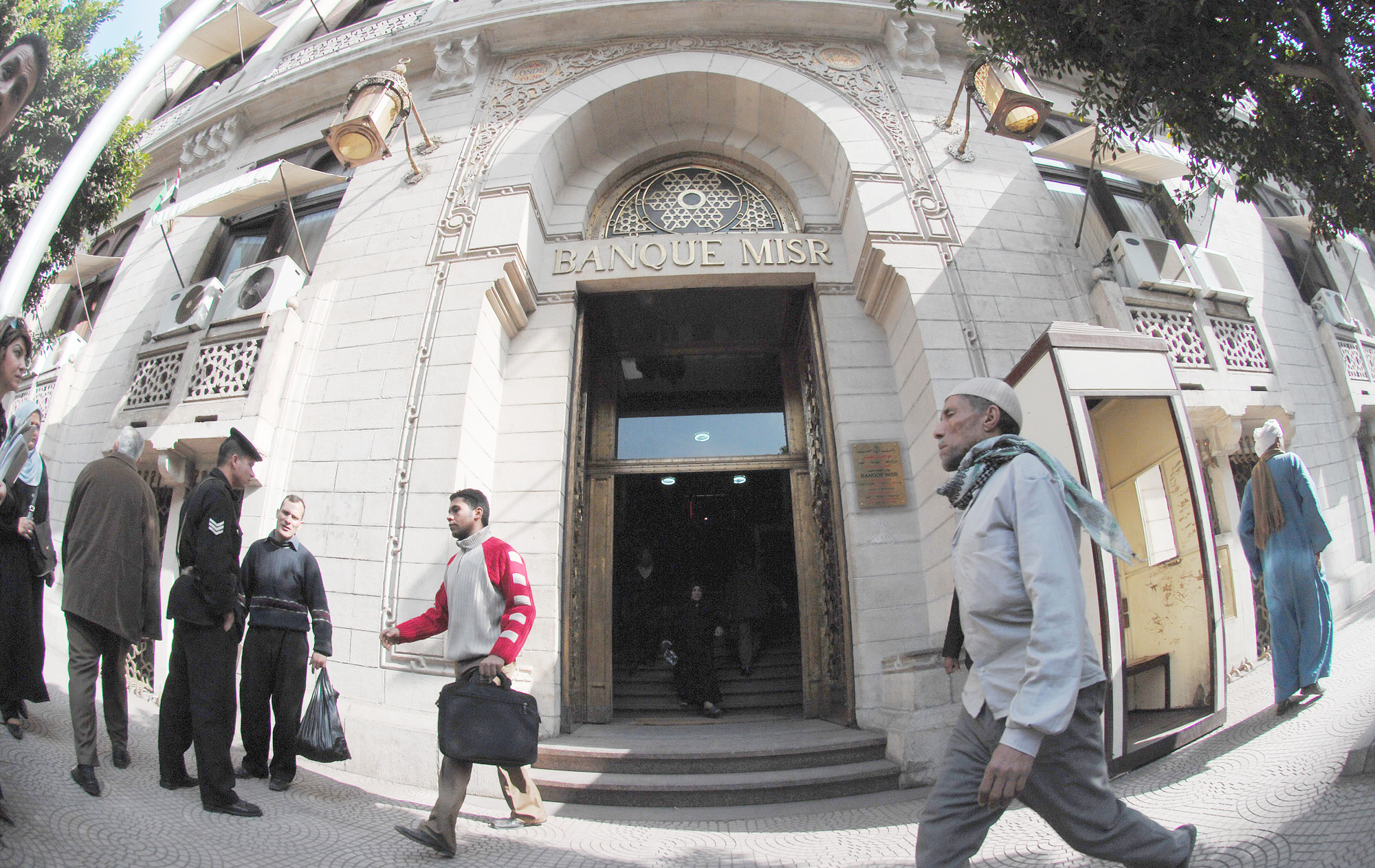A recent report issued by FocusEconomics said that Egypt’s economy continues to gather strength heading into the new calendar year, although it remains fragile, as evidenced by December’s purchasing managers index (PMI), which sank back into pessimistic territory.
According to the report, other indicators are more positive: in the July-September period, growth strengthened and the unemployment rate declined to a multi-year low.
In addition, international reserves were significantly bolstered in 2017 thanks to renewed investor confidence, while the trade deficit narrowed sharply.
On 20 December, the IMF’s executive board completed the second review under the Extended
Fund Facility, unlocking $2bn of additional funding.
“While praising reform progress, the IMF urged authorities to continue paring back energy subsidies and take steps to increase tax revenues. The fiscal and external positions should be strengthened by the giant Zohr gas field that came onstream in December, moving Egypt closer to energy self-sufficiency,” the report noted.
“Growth should remain solid going forward. New investment and industrial licensing laws are likely to boost investment, while the external sector will benefit from the weaker pound. However, the elevated debt burden could become a pressing concern if reform momentum slows, and security worries continue to cloud the outlook,” it added.
FocusEconomics analysts expect GDP to expand 4.4% in FY 2018, up 0.1% from last month’s forecast, and 4.8% in fiscal year (FY) 2019.
“Our panellists expect inflation to decline going forward, averaging 16.2% in calendar year 2018 and 12.2% in calendar year 2019,” the report forecast.
“Looking ahead, inflation should gradually decline as the impact of the government’s reform measures lessens. FocusEconomics Consensus Forecast participants expect inflation to average 16.2% in calendar year 2018, which is up 1.5% from last month’s estimate. In calendar year 2019, inflation is forecast to fall to 12.2%,” it added.
Headline inflation dropped from 30.8% in October to 26.0% in November, on the backdrop of a favourable base effect.
The report expected total investment to grow 8.9% in FY 2018, which is unchanged from last month’s forecast, and 9.6% in FY 2019.
The report said that the Central Bank of Egypt is likely to start reducing rates in 2018 to support the real economy.
“The next monetary policy meeting will be held on 15 February. FocusEconomics Consensus Forecast panellists expected the overnight deposit rate to end 2018 at 14.41% and 2019 at 11.96%,” it explained.




